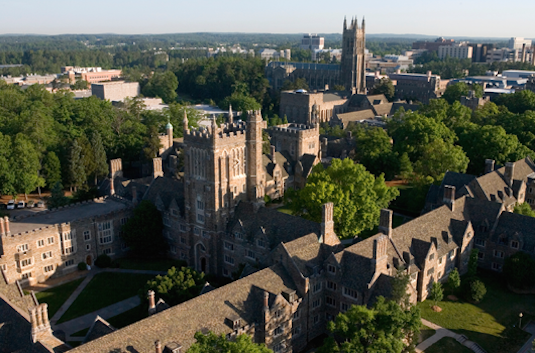CEE Seminar - Promoting Healthy Environments: Assessing Sidewalk Quality and Socioeconomic Status in Southeast Michigan

The auto-centric culture of Pontiac, Michigan, contributed to the excessive construction of roads that transformed many walkable urban areas into isolated neighborhoods. Neighborhood walkability is vital for promoting community cohesion, physical activity, social interaction, and environmental sustainability. We directly assessed over 50 miles of sidewalks in 100 feet intervals for sidewalk quality, walkability, and neighborhood socioeconomic factors. Sidewalks were assessed for tripping hazards, cracking, vegetation growth, obstacles, overhead coverage, buffers, and street lighting. Geographic location data on each sidewalk segment was mapped with U.S. Census block data. Sidewalk cracking, vegetation growth over the sidewalk, slight tripping hazards (~0.5 inches), and a lack of ample street lighting were common. Neighborhood block groups with a lower proportion of white Americans had a higher frequency of poor sidewalk quality. The sidewalk audits were conducted as an evaluation of non-motorized transportation infrastructure to prioritize areas for improvement and maintenance.







